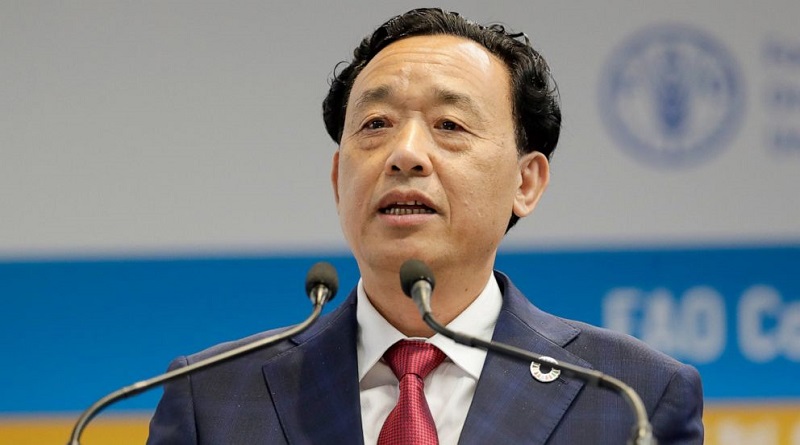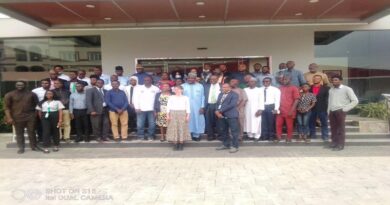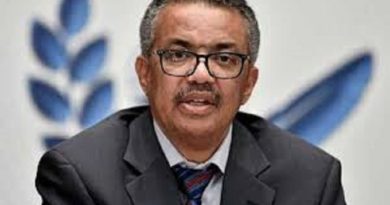Latin American, Caribbean countries establish priorities for FAO’s work in the region
Countries of Latin America and the Caribbean have established the priorities that will guide the work of the Food and Agriculture Organization of the United Nations (FAO) in the region during the next two years.
The FAO 37th Regional Conference for Latin America and the Caribbean ended on Friday 1st April 2022 in Quito, Ecuador, after five days of discussions. Participants included the President of Ecuador, Guillermo Laso, the Prime Minister of Haiti, Ariel Henry, the Vice President of Ecuador, Alfredo Borrero, 41 ministers and 23 deputy ministers of state, and the Director-General of the FAO, QU Dongyu.
“Latin America and the Caribbean can and must face its challenges and move to the forefront of global food and agriculture. The world’s food security requires it,” the FAO Director-General said in his closing statement. “The best way to do this is by transforming their agrifood systems to be more efficient, inclusive, resilient and sustainable.”
During the Conference, countries shared their innovations and the measures they are taking to transform their agrifood systems. “I am pleased to say that this Regional Conference ends with great success. You have clearly laid out your regional roadmap to move towards this great transformation in the three regional priorities you have endorsed,” Qu said.
“I would like to thank the delegations of the Member countries for taking the time to visit us in Ecuador and for being here to exchange opinions on very important issues for the region regarding food and agriculture,” said the president of the Regional Conference, the Minister of Agriculture of Ecuador, Pedro Álava.
586 people participated in the Conference in person, including representatives of the private sector, academia, civil society and the United Nations System, and more than 34,000 people did so online. The Member countries chose Guyana as the host country for the next Regional Conference, which will take place in 2024.
Participants agreed on three main regional priorities, including building sustainable agrifood systems to ensure healthy diets. In this context FAO will help countries ensure physical and economic access to safe and nutritious food, promote healthy diets and policies and programs to support the 104 million people living with obesity and the 60 million people living with hunger.
“In Latin America and the Caribbean there is no hunger due to lack of food. There is no hunger because farmers don’t do their work. There is hunger because there is too much inequality and poverty”, explained FAO’s Regional Representative, Julio Berdegué.
FAO second regional priority is prosperous and inclusive rural societies. Around a half of the rural population of Latin America and the Caribbean is poor, one in four people live in extreme poverty, and 82 percent of those who work in agriculture and fishing do so in informal conditions.
Agriculture that is resilient and adapted to climate change is FAO’s third regional priority. This means a strong commitment to stopping deforestation, promoting sustainable and low-emission livestock farming, and promoting the re-carbonization of soils and the recovery of degraded agroecosystems.
Innovation is a precondition for all three regional priorities and FAO is committed to ensure that each of the Organization’s regional initiatives becomes a motor of innovation, and that every project should have a strong element of digitization, which is essential for the transformation of rural communities’ agrifood systems.
Innovation is central to the FAO Strategic Framework 2022-2031: it seeks to promote better production, better nutrition, a better environment and a better life, leaving no one behind, and countries analyzed it during the Conference with the intention to adapt it to their needs and conditions.
In his closing statement, the FAO Director-General noted how “the regional priorities are the roots that will deeply embed the FAO Strategic Framework 2022-2031 in the fertile soils of this wonderful land. It is you who must take the lead, because FAO is your Organization. You govern us and we are fully committed to working for your priorities”.




